Picture this... 💭
You have a history test coming up, and your teacher asked you to read 10 online articles about key events of World War II.
You feel overwhelmed with all the information and wonder how you'll remember everything!

I've been there. Reading online can be tricky compared to reading books.
But don't worry! Learn how to make online reading easy, find important information faster, and be better prepared for your tests using online reading strategies.
Ready to get started? 🙋
Challenges of Online Reading
Alright, let's go back to our earlier scenario. Before you start to read the online articles for your upcoming exam, it's important to know the challenges of online reading.

These are some of the challenges to watch out for:
1. Distractions
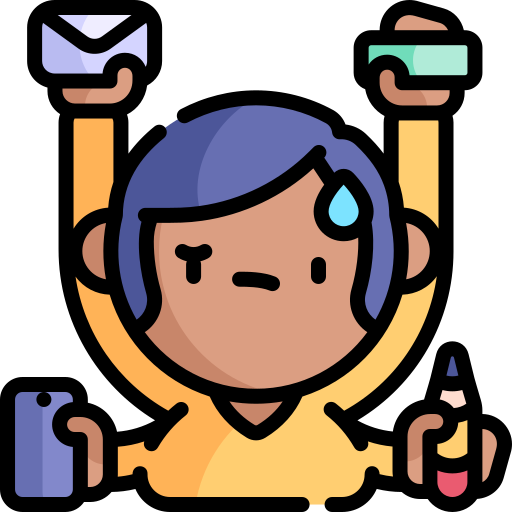
Ads, videos, and pop-ups from websites can easily sidetrack you from your online reading.
Tip: Use Immersive Reader, a free tool from Microsoft. It cuts out ads and changes the page layout, making it easier for you to focus on reading. 📍
2. Screen Fatigue
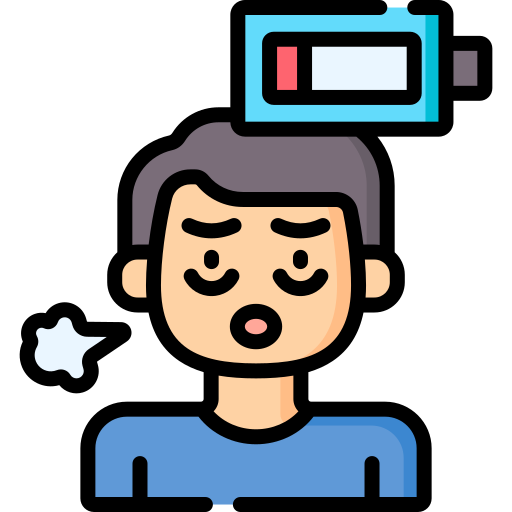
Staring at screens too long can tire your eyes when you are reading online.
Tip: Use the 20-20-20 rule: every 20 minutes, take a 20-second break and look at something 20 feet (6 meters) away, or just close your eyes. This helps your eyes relax and gives your brain a break. 📍
3. Evaluating Credibility
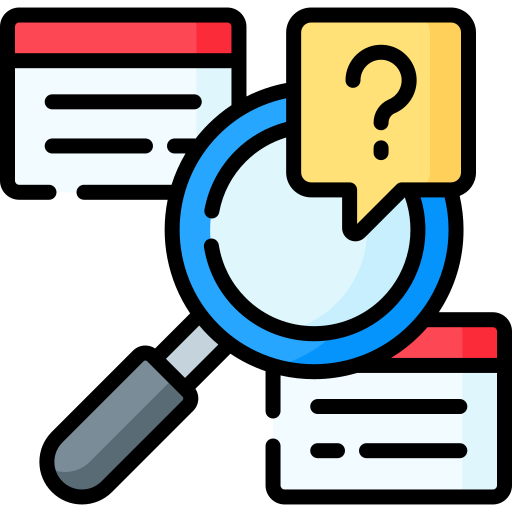
A lot of information on the web isn't fact-checked or comes from sources that might not be reliable.
Tip: Use the SIFT Method to check the credibility of online information: Stop, Investigate the source, Find better coverage, and Trace claims, quotes, and media to the original content. 📍
Now let’s explore three online reading strategies to make your studying a breeze!
Online Reading Strategy 1: Focus on the Purpose
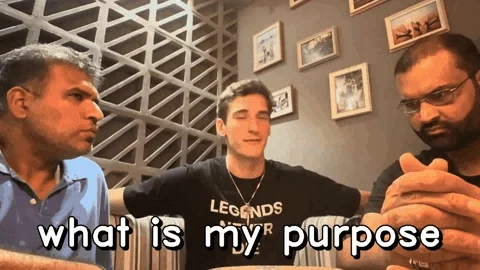
Successful online readers know what they’re looking for.
Before starting your search of 10 online articles about key events of World War II for your upcoming exam, identify your purpose and choose search terms that will help you find relevant information. This online reading strategy helps you stay focused on your research topic and avoid getting sidetracked.
If the purpose isn't clearly defined, you may waste valuable time reading articles that aren't useful for your study, or get frustrated by information overload. 😩
One technique to help you to narrow your focus is brainstorming ideas on paper first using a mind map. Like this one: 📍
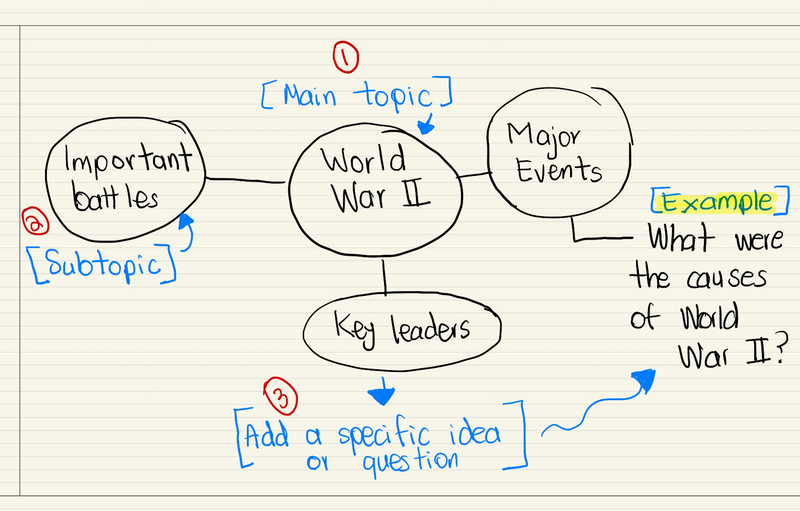
To hear an audio version of the information in the mind map above, click the play button on the audio player below:
Once you've completed your mind map, you can use it to search for specific terms to get more targeted and useful results like:
"Key events leading up to World War II"
"Causes of World War II"
"Major battles of World War II"
"Important leaders in World War II"
Online Reading Strategy 2: Skimming
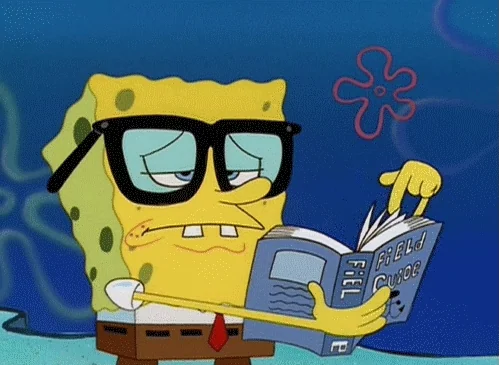
Once you've found a relevant article about key events of World War II, skimming can help you get a quick overview of it.
This online reading strategy helps you understand the main ideas of a text and decide where to pay attention, especially if you're short on time.
Here’s how to skim effectively:
Look at the headings and subheadings to get an overview of the article.
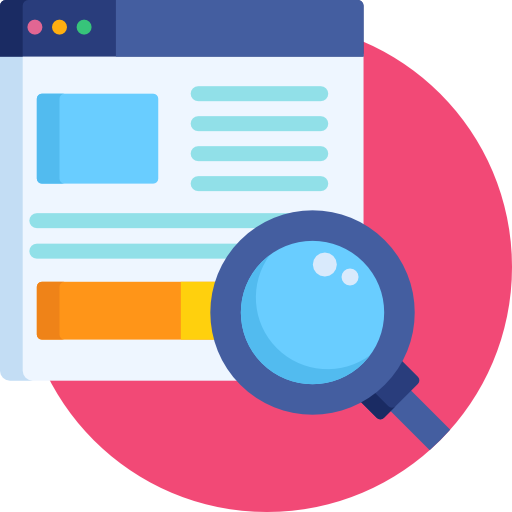
Example: Check out headings like “Major Battles” or “Key Figures of World War II”.
Read the introductory paragraph to understand the focus of the text.
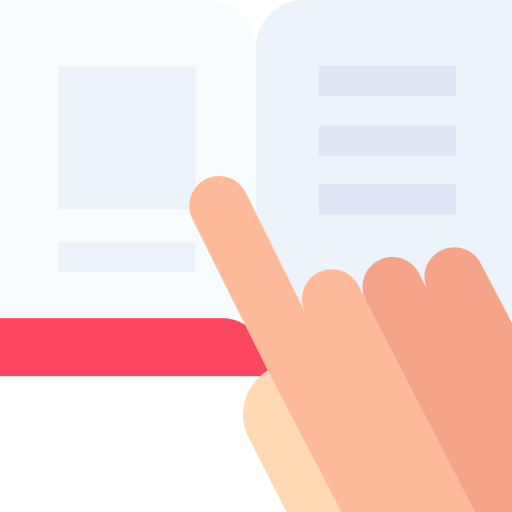
Example: If the introduction paragraph talks about the causes of World War II, you know it’s a relevant text for your study.
Read key sentences, such as the first two sentences of each paragraph and the concluding sentence, to find relevant information.
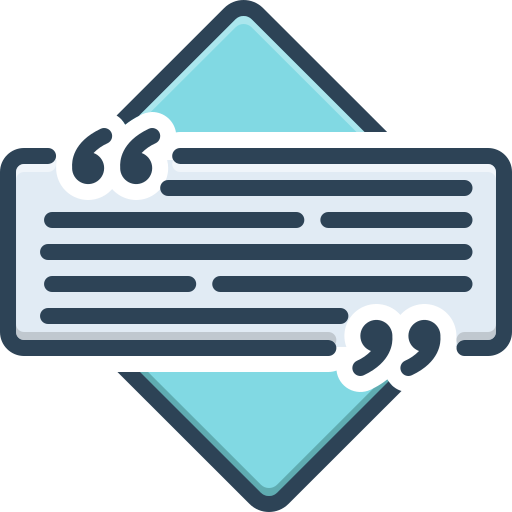
Example: If a paragraph starts with “The Battle of Stalingrad was a turning point” and ends with “This battle changed the course of the war,” pay attention to that section.
Keep your eyes moving and avoid looking up unfamiliar words or terminology to stay focused.

Example: Focus on the main ideas, like the importance and impact of “D-Day” even if you don’t know what it means.
Read the concluding paragraph carefully to see the main point of the text.
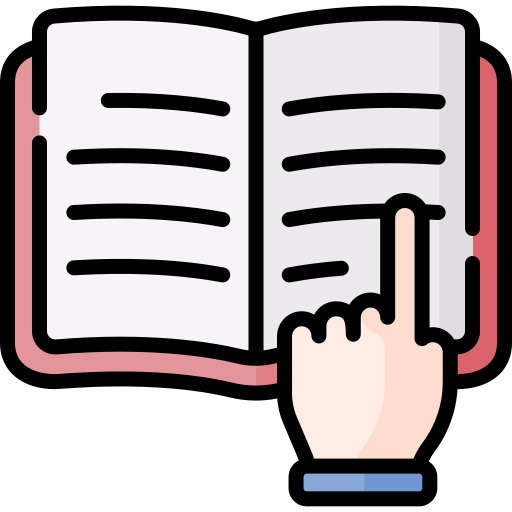
Example: If it mentions how World War II ended and its impact, then you know it's key information.
Go back and read more to look up the details you missed and unfamiliar words or events that appear more than once in the text.
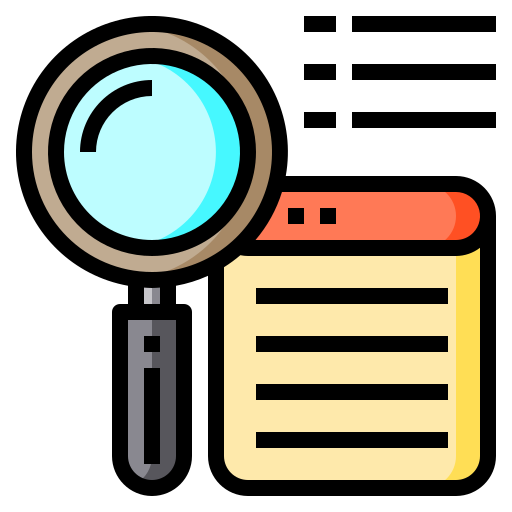
Example: How “The Treaty of Versailles” affected post-war Europe.
Tip: Use scanning to find keywords fast. Want to go straight to a part of the text? Press Ctrl+F and search for important words or dates, like “D-Day,” “Pearl Harbor,” “1939,” or “1945". 📍
Online Reading Strategy 3: Keep Track of Sources
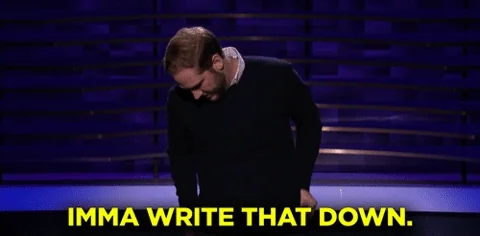
After reading an article about key events of World War II, keep track of it. This online reading strategy helps you to stay organized and better remember the information from your sources.
Here’s how you can keep track of sources:
Use a graphic organizer: Make a simple table where you write the source, key points, your comments, any questions you have, and a synthesis from all the sources you read. Like this one:
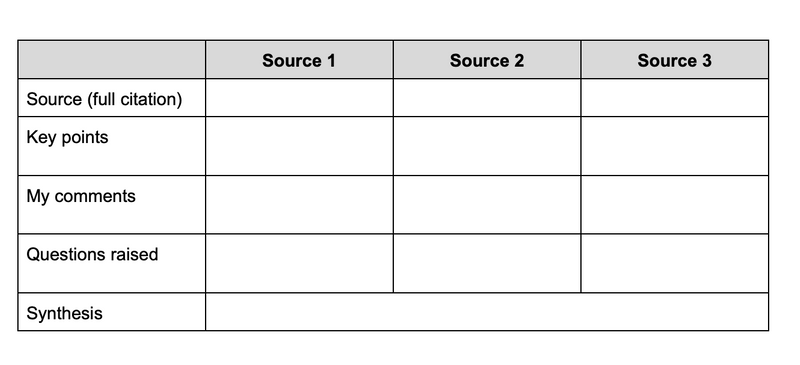
Source: Online Reading Strategies for the Classroom
To hear an audio explanation of the graphic organizer in the image above, click the play button on the audio player below:
Log important details: Write down the main ideas from each article. For example:
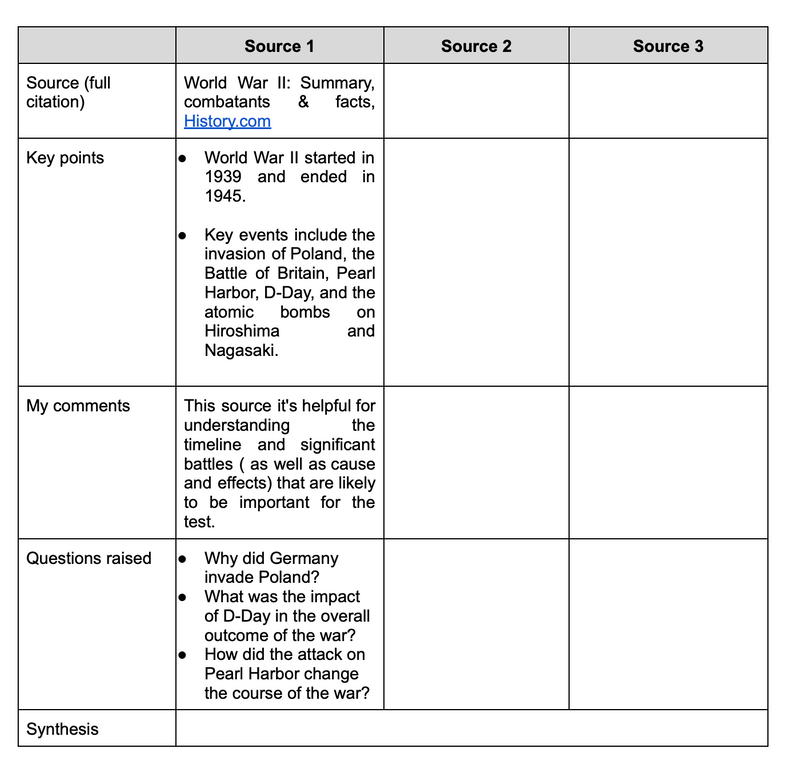
To hear an audio version of the information in the graphic organizer above, click the play button on the audio player below:
Synthesize information: Combine key points from different sources to have a better understanding of the topic.

To hear an audio version of the synthesis section in the image above, click the play button on the audio player below:
Quiz
All of the following are effective online reading strategies except:
Take Action
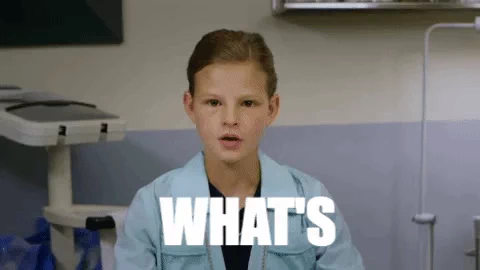
Now that you've learned these online reading strategies, use this Byte to put them into action!
Here's how:
Your feedback matters to us.
This Byte helped me better understand the topic.
